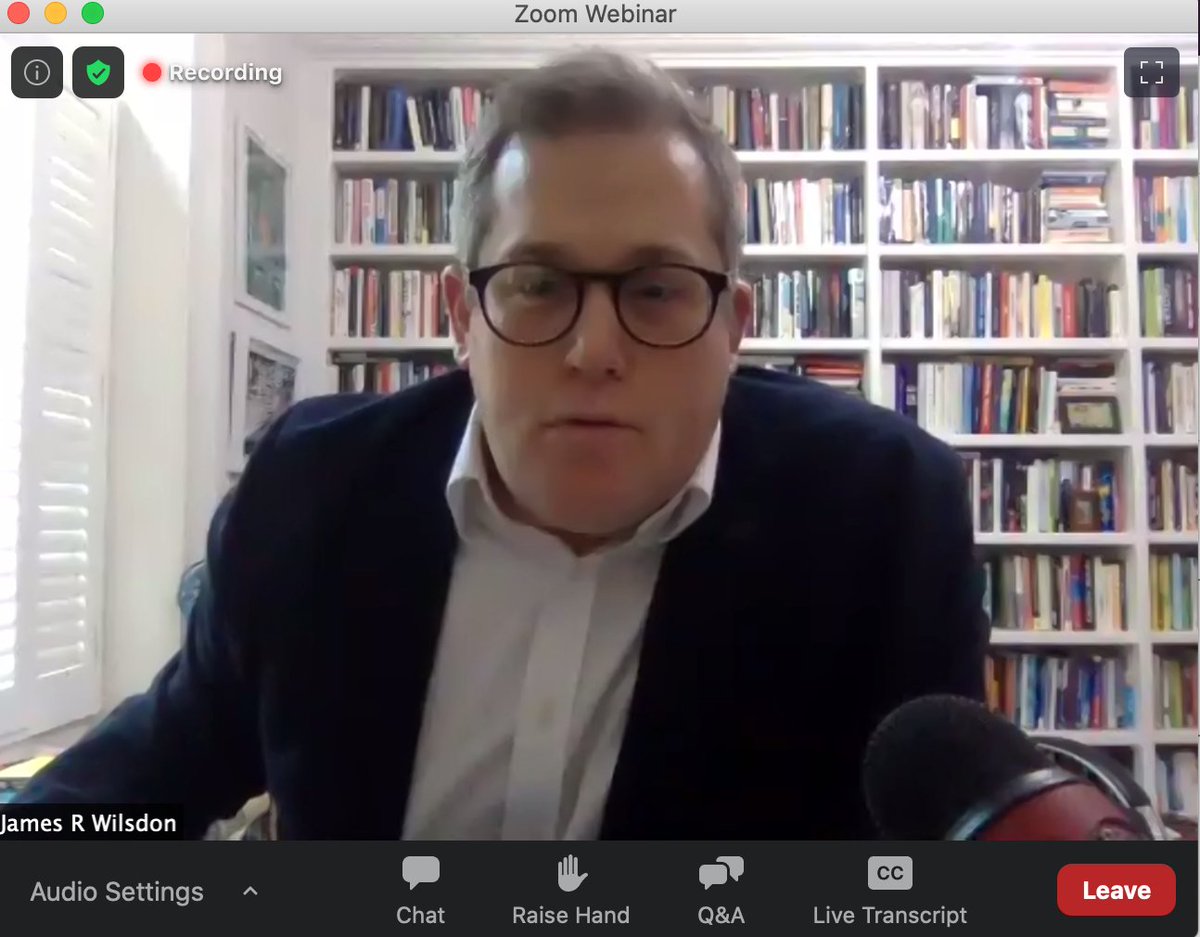I share your sense of outrage at what is happening in Portland. But I think that to blame deliberative democracy is to misunderstand what democracy is 1/
https://twitter.com/BangHenrik/status/1286930268402733056
2/ Democracy isn't one thing. Here in the UK, through the 80s and 90s, those campaigning for greater democracy were focused on institutions: establishing a constitution, proportional representation, an elected House of Lords etc
3/ All of these things are important components of democracy, but they won't magically transform the UK into some sort of utopian democracy. Not on their own, and not even if they all happened
4/ Democracy is much more than institutions - indeed what we are seeing in the US right now demonstrates this; even institutions that were considered to be democratic 5 years ago are being undermined. They require a culture of respect and a willingness to play by the rules
5/ Democracy requires many other things beyond institutions. There are some fundamental foundational elements. It requires transparency, freedom of speech and of the media, and, critically, a respect for fundamental human rights (currently under-threat)
6/ The deliberative 'turn' began (in the UK, and probably globally) about 20 years ago. It was seen by most of those promoting it as an important addition to the institutions of representative democracy, not as a replacement.
7/ just as those institutions of representative democracy need the fundamentals to be in place, so do deliberative processes and institutions.
8/ so for me, what this means is that we need to see the fight for democracy as one that encompasses formal institutional reform, experimentation (and eventually embedding) of deliberative democracy, but also a focus on the fundamentals
9/ #OpenGovernment and #HumanRights are therefore a critical element of this. Right now the fundamentals are under threat and I think it is here that people concerned about democracy need to spend more of their energies and time.
• • •
Missing some Tweet in this thread? You can try to
force a refresh





